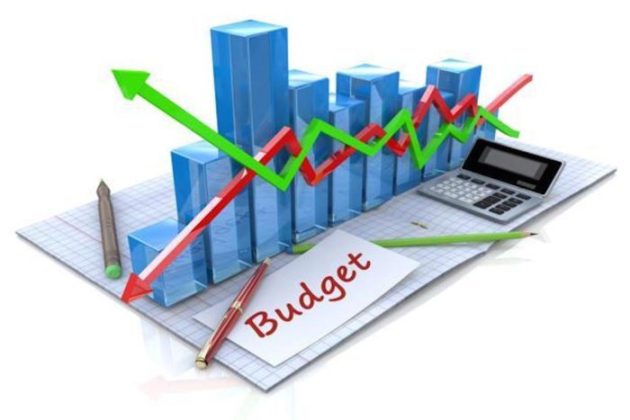Nigeria’s economic managers are frantically exploring ways to contain the fallout from the crude oil market rout after prices of the commodity plunged to a record low in April, Business Hallmark’s findings have revealed.
The latest oil market shock saw the price of Brent grade slip below the $60 mark for the first time in four years on April 9, 2025, further piling pressure on Nigeria’s fragile economy, which is still recovering from the impacts of the recent fuel subsidy removal and unification of multiple foreign exchange windows by the administration of President Bola Tinubu.
Prices of crude oil in the international market have crashed by about 25% from a high of $81.01 a barrel for Brent futures and $78.82 for U.S. West Texas Intermediate (WTI) recorded on January 13, 2025, after the Organisation of Petroleum Exporting Countries (OPEC) and its allies on April 4 announced plans to increase oil production by 411,000 barrels per day in May 2025 and amid fears of a global economic recession following a tariffs war by the President of the United States, Donald Trump.
At the close of market on Friday, April 11, 2025, a barrel of Brent futures sold for $64.76, while a barrel of U.S. West Texas Intermediate (WTI) closed at $61.50.
Meanwhile, Nigeria’s premium grades of Bonny Light, Qua Iboe, and Brass River all closed at $70.03, $66.99, and $66.64 respectively on the international oil market on April 11.
Despite the three grades’ relative price advantage against other international grades, they are still trading below the Federal Government’s budget benchmark of $75 in 2025.
The shortfall on Friday, April 11, 2025 alone is $5 on average, about $10 million (N3.2 billion) daily loss using the 2025 budget estimates of 2.06 million barrels per day at $75.
On Friday, February 28, 2025, President Bola Tinubu signed the N54.99 trillion 2025 Appropriation Bill into law.
The budget, a 99.96 percent increase from the 2024 budget of N27.5 trillion, was initially passed by the two chambers of the National Assembly, the Senate and the House of Representatives, on Thursday, February 13.
Based on BH’s analysis, apart from targeted revenues from tax proceeds, customs and excise duties earnings, and deficit funding of N13.39 trillion from debt (69%), loans (28%) and asset sales (2%), the 2025 budget largely rests on an ambitious crude oil production target of 2.06 million barrels per day, a $75 oil benchmark and an exchange rate of N1500/$1.
However, checks revealed that while the Federal Government had been able to meet and surpass some of its revenue thresholds through FX gains and enhanced tax collections, it has failed to increase crude oil output to 2.06 million barrels per day as projected, and the price of the projected output has considerably fallen below the budget benchmark just three and a half months into the budget year.
